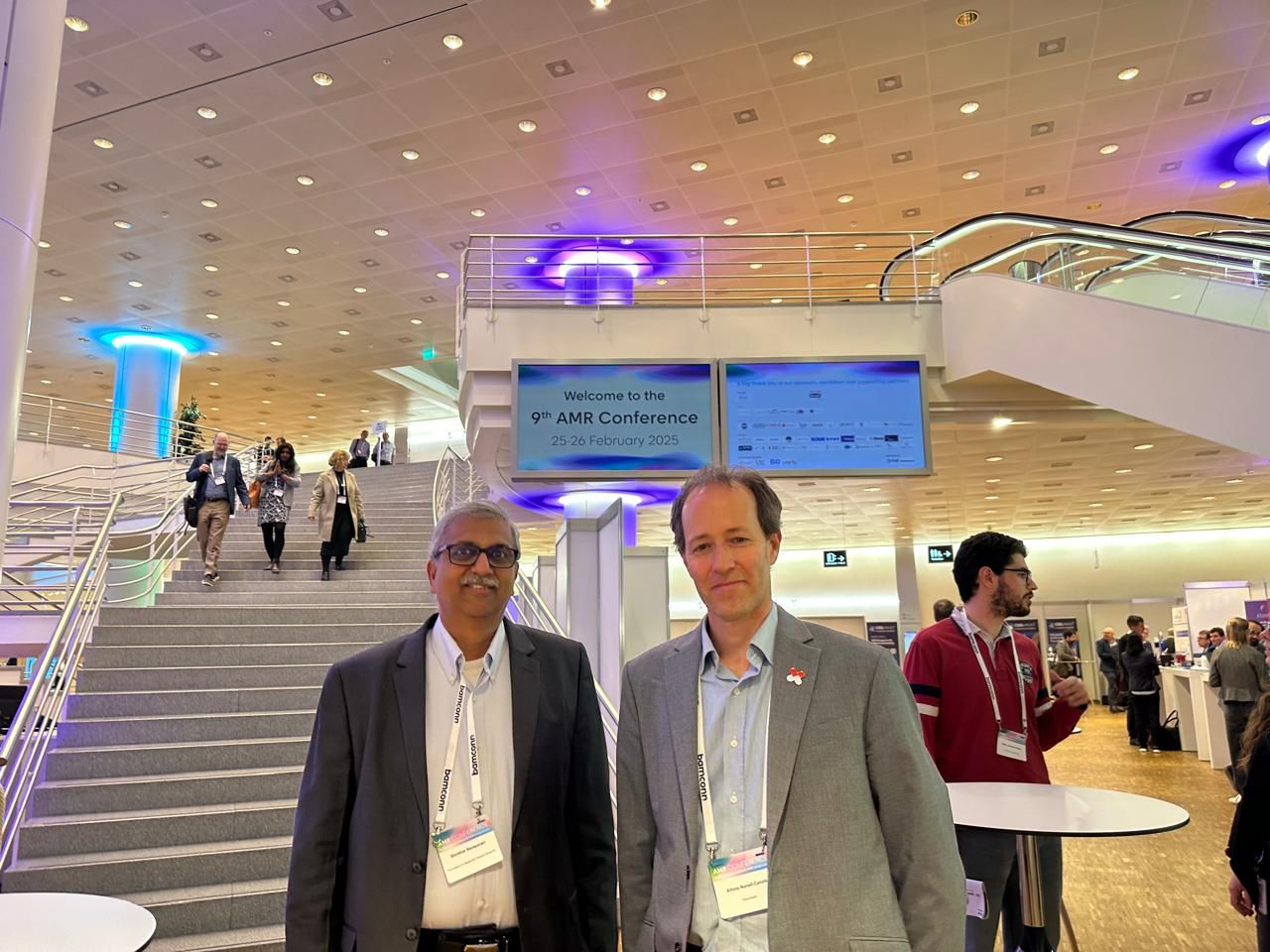Sure! Here’s the translation of the provided text into American English:
—
Each year, dengue affects more than 390 million people worldwide, and to date, there is no specific treatment available. In this context, DevsHealth, a European company focused on AI-driven drug discovery, and the Foundation for Neglected Disease Research (FNDR) in Bangalore, India, have announced a significant breakthrough in the fight against this disease: the identification of DHFLV_003B, the first antiviral compound against dengue completely developed using artificial intelligence.
Dengue is becoming an increasing threat to global health, especially in tropical and subtropical regions, and it has also begun to establish itself in Europe. In response to this health emergency, both teams have developed DHFLV_003B, a compound designed from scratch using an innovative AI platform that allows for the generation, simulation, and selection of potential therapeutic molecules. This method has reduced the research time from several years to just a few months, increasing accuracy and optimizing resource use.
In the initial tests, nine compounds were synthesized, and three showed significant antiviral activity in cellular models, with DHFLV_003B standing out as the leading candidate. With a success rate of 33%, which considerably exceeds the 10% standard in early drug identification stages, this compound demonstrated its ability to effectively inhibit the replication of the dengue virus in FNDR’s modern biosafety facilities.
Looking ahead, DevsHealth and FNDR have initiated an optimization program to enhance the antiviral efficacy of DHFLV_003B and extend its effectiveness to other flaviviruses, such as Zika and West Nile virus. Thanks to the iterative approach of artificial intelligence, the refinement of the compound can progress rapidly and accurately.
Both organizations have reaffirmed their commitment to ensuring global access to these new treatments, prioritizing the most vulnerable populations in low- and middle-income countries where dengue poses a significant burden on public health and the economy. This collaboration is established as a replicable and scalable model for developing safe therapies with high social impact.
Dr. Alfons Nonell-Canals, CEO of DevsHealth, stated that this advancement “demonstrates the true potential of computational research to accelerate the development of new drugs and make them accessible to those who need them most.” Meanwhile, Dr. Shridhar Narayanan, director of FNDR, highlighted that international collaboration and technological innovation are key to combating neglected diseases and reducing the access gap to effective therapies.
Currently, DHFLV_003B is in the optimization and advanced preclinical validation phases. The next steps include efficacy studies in animal models and preparation for future clinical trials, aiming to rapidly translate this innovation into patient benefits and establish a new standard in global antiviral development.
—
Feel free to let me know if you need any adjustments or further assistance!
Referrer: MiMub in Spanish
